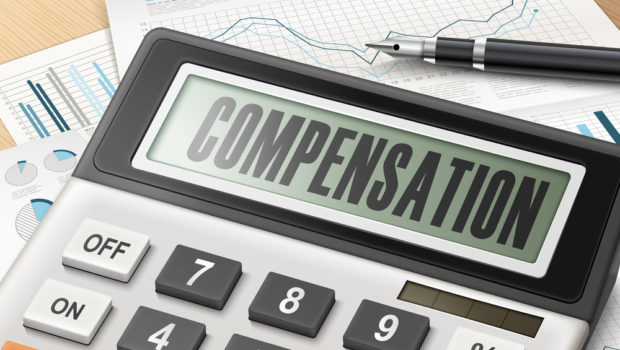Financial emergencies can strike unexpectedly in today’s fast-paced world, leaving many scrambling for immediate solutions. Quick loans have become a convenient option for those needing rapid financial assistance. Whether covering unforeseen medical expenses, repairing a car, or handling a sudden home repair, loans provide borrowers with swift access to funds. However, carefully weighing the pros and cons before committing is crucial, like any financial decision. In this article, we’ll delve into the intricacies of short-term loans, exploring their advantages and disadvantages to help you determine if they’re the right choice.
Accessibility and Speed
One of the primary benefits of quick loans is their accessibility and speed. Traditional loans often involve lengthy application processes and extensive paperwork, which can be impractical during urgent situations. On the other hand, short-term loans offer a streamlined application process, with many lenders providing online platforms for fast approval and disbursement of funds. This accessibility can be invaluable in emergencies, providing borrowers immediate relief from financial stress.
However, it’s essential to exercise caution and ensure that the convenience of loans doesn’t overshadow responsible borrowing practices. While the speed of approval may be enticing, borrowers should carefully review the terms and conditions, including interest rates and repayment terms, to avoid potential pitfalls.
Flexibility in Usage
Quick loans offer borrowers flexibility in utilising the funds. Unlike some traditional loans that may have restrictions on the purpose of the loan, short-term loans can typically be used for various expenses, ranging from medical bills to home renovations. This versatility makes them a versatile financial tool for addressing multiple needs.
However, this flexibility can also present challenges, particularly if borrowers need to be more disciplined in their spending habits. Without a specific purpose for the loan, there’s a risk of misusing the funds on non-essential expenses, leading to further financial strain. It’s essential to exercise discretion and prioritise essential needs when considering a quick loan.
Higher Interest Rates
One of the significant drawbacks of loans is the higher interest rates compared to traditional loans. The expedited nature of short-term loans often comes with a price, as lenders mitigate their risk by charging higher interest rates to compensate for the rapid disbursement of funds and minimal credit checks.
For borrowers, this means paying more in interest over the life of the loan, potentially increasing the overall cost of borrowing. It’s crucial to carefully assess the total cost of the loan, including interest and any additional fees, to determine if it’s financially viable in the long run. In some cases, the situation’s urgency may justify the higher interest rates, but borrowers should explore alternative options and negotiate terms whenever possible to minimise costs.
Risk of Debt Trap
Another consideration when contemplating quick loans is the risk of falling into a debt trap. The accessibility and convenience of short-term loans can be a double-edged sword, especially for individuals with unstable financial situations or poor credit histories. While loans offer immediate relief, they can also perpetuate a cycle of debt if not managed responsibly.
It is imperative to strictly adhere to borrowing within the confines of your financial capacity and ensure a well-defined repayment strategy. Failure to do so can lead to accumulating debt, late payment fees, and damage your credit score. Before using loans, borrowers should carefully assess their financial situation and explore alternative solutions, such as budgeting or seeking financial assistance from reputable sources.
Conclusion
Quick loans can be valuable for individuals facing financial emergencies, offering accessibility, speed, and flexibility when traditional options may not suffice. However, it’s essential to approach them cautiously and thoroughly understand the associated risks, including higher interest rates and the potential for debt accumulation.
Before opting for a quick loan, take the time to evaluate your financial situation, consider alternative solutions, and assess the long-term implications of borrowing. By carefully weighing the pros and cons, you can make an informed decision that aligns with your financial goals and priorities.


